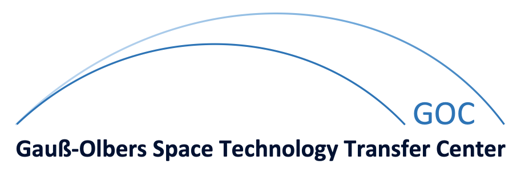| Kurzfassung: |
This paper considers channel quantization of memoryless channels with N-ary input x and Mutual Information (MI) as fidelity criterion. We make use of an equivalent formulation of the quantization problem that transforms the channel output y into a N − 1 dimensional probability-simplex by using the posterior-distribution p(x|y). By using Burshtein’s optimality theorem, it is possible to show that there exist an optimal solution that is obtained by separating hyperplane cuts in this probability-simplex. We show that for practically relevant real valued input/output channels, the posterior-distribution p(x|y) is located on a smooth curve in the N − 1 dimensional probability-simplex. Under mild conditions, the optimality theorem provides the existence of an optimal solution that is obtained by separating connected segments of this curve. For this case, we provide further insights into the underlying optimization problem and motivate a Dynamic Programming (DP) approach for finding the global optimal quantizer mapping that maximizes the end-2-end MI for the given cardinality of the quantizer output. Numerical investigation with N-ASK input and real valued Additive White Gaussian Noise (AWGN) show that this approach is superior to common design approaches which only converge to a local optimal quantizer mapping. |







